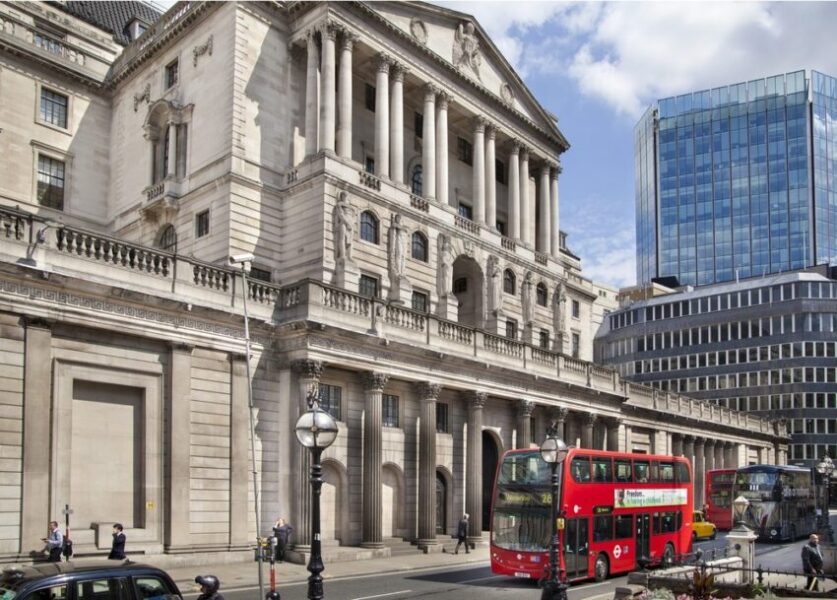The decision by the Monetary Policy Committee comes more than six years after the record low was introduced, reports The BBC.
The half-dozen years of ultra-low interest rates have cut returns on savings, while mortgage borrowers have reaped the benefits of lower repayments.
Rates have been at a record low for the entire Coalition government period.
Expectations of a rise any time this year have been put on hold with Consumer Price Index (CPI) inflation at zero.
David Kern, chief economist at the British Chambers of Commerce, said the decision was the right one, “particularly at a time when inflation is down to zero and likely to fall into negative territory in the next few months”.
He added: “While official interest rates are very low, the fall in inflation over the past year has effectively raised interest rates in real terms, for both businesses and consumers.
“The UK recovery is on course, but remains fragile and should not be unsettled by an unnecessary interest rate rise. Business confidence will be strengthened if the MPC states clearly that official interest rates are likely to stay at their low levels for at least another 12 months.”
Last month, official ONS figures showed that the UK economy grew by 2.8 per cent in 2014, the highest rate of growth since 2006.
But other data released by the ONS on Thursday showed the UK trade deficit widened in February by more than expected, with the deficit in goods and services widening to £2.86bn from £1.54bn in January.
Meanwhile, purchasing managers’ index (PMI) surveys earlier this week showed accelerating growth in manufacturing and services sectors last month, but construction losing momentum.
The MPC has indicated rates could be reduced further, should low inflation persist longer than expected.
However, comments from most Bank policymakers suggest they still expect the next move in rates to be upwards.
The Bank left the scale of its quantitative easing (QE) programme to boost the money supply unchanged at £375bn.


